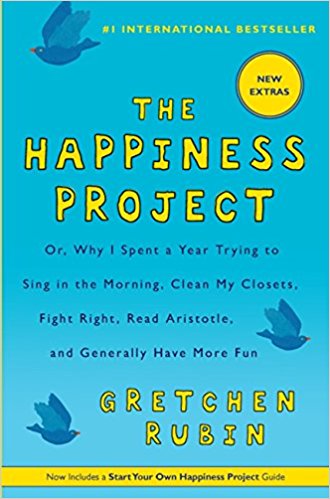Last week I attended my third partial hospitalization program in the last 3 years. Where have these been all my life? I wanted to share my experience there to encourage others to check these out.

Who should enroll in partial hospitalization?
Don’t let the name scare you; you’re not actually admitted to a hospital. It’s generally a 9-3 type program, consisting of several group sessions or classes, individual therapy, and meetings with a prescribing doctor. They may also do bloodwork to diagnose any underlying medical issues.
Partial hospitalization programs are for someone who is not crippled enough by his mental illness to be an inpatient, but who needs something more than regular therapy. I have been inpatient as well, and they don’t focus so much on coping skills; they mostly focus on regulating your meds, keeping you safe, and getting you past the crisis point. Many people go to a partial program after they are discharged from being inpatient, to gain the skills to re-enter daily life.
What is group therapy like?
Not as awful as it sounds. You can keep quiet if you like, but I’ve found that the more I share, the more I get out of it. First of all, it helps to hear that you’re not alone. Second of all, hearing people who struggled with problems similar to mine often jogs my memory; I will remember coping techniques that have worked for me in the past, and in teaching them to others, I remember to apply them to my own life.
There are group classes, and then there is open-ended group therapy. A good group leader will gently guide the conversation, giving prompts and making sure that people don’t get too off-topic and that the quieter people get a chance to speak. I’ve also experienced very hands-off group leaders, who will let people talk about anything. In this case a single person will often monopolize the conversation. Sometimes you have to be pushy to make sure that your questions and issues get addressed, too.
What kind of skills will I learn?
You will learn the basics of whatever therapy your program is based on, like CBT (Cognitive Behavioral Therapy) or DBT (Dialectical Behavioral Therapy). You will learn relaxation techniques and mindfulness techniques; you will learn general practices to get in the habit of, as well as specific practices to help you get through an emotional crisis.
Depending on the program, classes can address specific issues like sleep, infant care, and time management. At Butler’s CBT program, I took classes in anxiety management, challenging negative thinking, mindfulness, gratitude, anger management, distress tolerance, illness management, self-compassion, functional analysis, and values clarification, as well as basic Acceptance and Commitment Therapy (ACT). You will probably also encounter art-based therapy.
I already know all this stuff.
So do I. But it’s really helpful to be immersed in a setting where you have nothing to do but remind yourself of the skills you know, brainstorm about your particular triggers and needs, and create a plan to keep yourself from spiraling down again. I understand CBT theoretically; but it’s quite another thing to sit down and complete a functional analysis chart, identifying my particular triggers, negative thoughts, emotions, and problem behaviors, and brainstorming alternative thoughts and behaviors with a licensed therapist.
A partial program gives you the chance to focus on your mental health in a way you will not be able to during your daily life. Think of it like the mental health equivalence of a spiritual retreat. You will emerge with more “tools in your toolbox,” more education and inspiration, and the beginning of new healthy habits. Even if you’re not able to escape work and daily chores the rest of the day, that 6-hour block will be yours to focus on yourself.
Feel free to comment with any questions, or to share your experiences! I hope anyone who struggles with depression or anxiety has a chance to attend a program like this.
***
If you’re in the Rhode Island area, I especially recommend the Women and Infants Perinatal Day Hospital and the Butler Partial Hospitalization Programs, both in Providence. Women and Infants is mainly CBT-based. Butler has several programs. I have done the Integrated Therapy Program, which I didn’t like as much–it focused on existential therapy–and the Cognitive Behavioral Therapy Program, which was fantastic–very concrete and practical. Butler also offers a Dialectical Behavior Therapy group for women which I have heard fantastic things about.
Both Butler and Women and Infants also offer aftercare groups where you can meet with other people who have been through the groups and check in, with a therapist leading the group. Women and Infants offers the added benefits of a nursery for children up to one, free lunch, and a social worker who can help with things like finding childcare, applying for disability, getting doctor’s notes for your job, etc.





